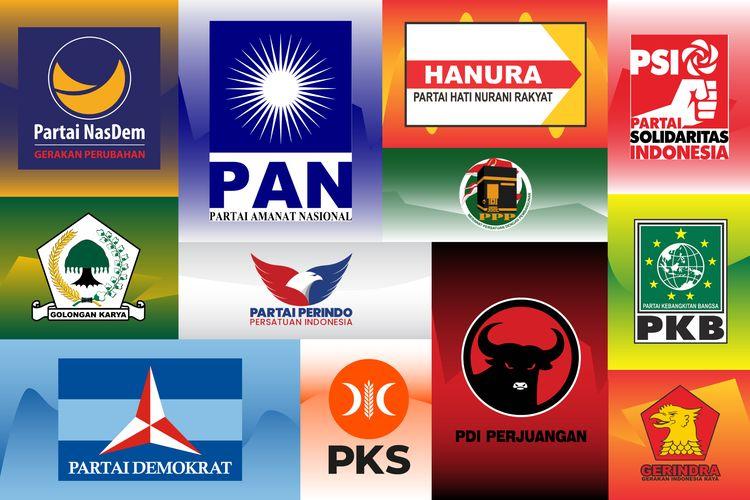Examining The Practices of Information Disclosure among Political Parties in Indonesia

Good governance requires information disclosure as one of its foundations. Simultaneously, freedom of information is one of the prerequisites for creating an open government. Therefore, laws and regulations in Indonesia place freedom for the public to access information as human rights as stated in Article 28F of the 1945 Constitution. This legal political commitment should be obeyed by all elements of power, especially because Indonesia is a democratic country, where the people's sovereignty guaranteed by laws and regulations.
Attention towards the urgency of information disclosure in running the government is basically not only regulated by Indonesian positive law, but also appeared in Article 19 of the Universal Declaration of Human Rights and Article 19 paragraph (2) of the International Covenant on Civil and Political Rights. As part of the international community, Indonesia is urged to follow and comply with the development of a more open and participatory model of government. This was also a demand for the Indonesia’s transformation from New Order (Orde Baru) authoritarian regime which previously completely closed public access to the information related with the administration of the government.
Although it was considered too late, in 2008 Indonesia finally had a legal basis that guaranteed the rights of the public to access all information related to Indonesian government through the Law on Public Information Disclosure (UU Keterbukaan Informasi Publik/UU KIP). The preamble of this law states that public information disclosure is a mean of optimizing public oversight against the administration of the state and other public bodies. Herewith we can draw one conclusion that the aspect of public oversight is seen as an important matter, both in terms of fulfilling human rights and guaranteeing the implementation of democratic values.
One of the entities mentioned directly in the Law on Public Information Disclosure with the mandate to provide information to the public is political parties. Article 15 of the law specifies seven types of public information that must be provided by political parties, including principles and objectives, general programs and activities of political parties, names, addresses, and structure of administrators including their changes if any, management and use of funds sourced from state budgets, decision-making mechanisms, decisions made by political parties, and other information stipulated by the Law on Political Parties. In line with that, Article 2 paragraph (1) in conjunction with Article 2 paragraph (3) of the Law on Public Information Disclosure also applies to political parties which in essence emphasizes that any public information is open and accessible and must be available to the public quickly, timely, affordable (low cost), and can be accessed through a simple way.










